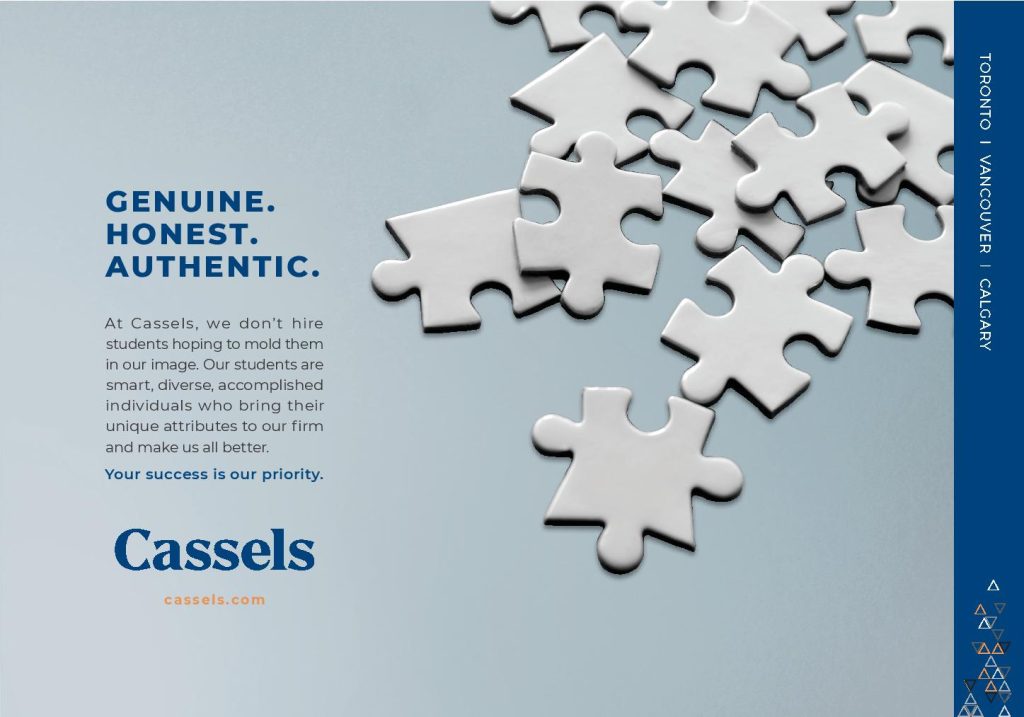Every year, the biggest prizes in research are announced prior to the December 10 award ceremony commemorating the anniversary of Alfred Nobel’s death. Alfred Nobel was an inventor, entrepreneur, scientist and businessman—most notably the inventor of dynamite—who also wrote poetry and drama. In his will, he established prizes in fields corresponding to his interests: physics, chemistry, physiology or medicine, literature, and peace, which have been given out since 1901. In 1968, Sweden’s central bank rounded out the categories by establishing the prize in economics (Sveriges Riksbank Prize in Economic Sciences in Memory of Alfred Nobel). The prize announcements and accompanying press releases are summarized here:
The Nobel Prize in Physics 2022 was awarded to Alain Aspect, John F. Clauser and Anton Zeilinger “for experiments with entangled photons, establishing the violation of Bell inequalities and pioneering quantum information science.” As usual, the physics prize is a bit obtuse, but the basic idea is relatively simple: this year’s prize is given for developing experiments ruling out a potentially troublesome idea in quantum mechanics. Quantum entanglement is when a pair of entangled particles instantaneously reflect changes made to one of the particles in the other. A commonly imagined use for this is for quantum-encrypted communications, which would be impossible to intercept and truly instantaneous. The Bell inequality is a mathematical idea that governs “hidden variables,” a potential explanation for quantum entanglement. Critically, quantum mechanics predicts that a certain type of experiment will violate Bell’s inequality; the prize is given for the realization of that experiment.
The Nobel Prize in Chemistry 2022 was awarded jointly to Carolyn R. Bertozzi, Morten Meldal and K. Barry Sharpless “for the development of click chemistry and bioorthogonal chemistry.” This prize is given for developing the equivalent of Lego for chemists – molecular building blocks that “click” together quickly and efficiently. This is in contrast to the traditional processes that involved a series of reactions to build up the large molecules, which was often complicated, time-consuming, wasteful, and thus expensive. Click chemistry is utilized in the development of pharmaceuticals, for mapping DNA and creating materials that are more fit for purpose. Bioorthogonal chemistry is an important extension of click chemistry, doing the equivalent of taking these molecular Lego blocks and getting them to combine and work inside living cells. Among its many applications, bioorthogonal chemistry is used to improve cancer targeting.
The Nobel Prize in Physiology or Medicine 2022 was awarded to Svante Pääbo “for his discoveries concerning the genomes of extinct hominins and human evolution.” A genome is all of the genetic material in an organism, including genes among other critical information. Pääbo sequenced the genomics of Neanderthals, which required the sequencing of genomic DNA recovered from archaic specimens—a challenging task to say the least. Accomplishing this on its own was a major feat that advanced our understanding of where we came from, but Pääbo also discovered a pre-human, which was given the name Denisova, which was genetically distinct from Neanderthals. All this work has catalyzed further research into where we came from and what makes us distinctly human.
The Nobel Prize in Literature 2022 was awarded to Annie Ernaux “for the courage and clinical acuity with which she uncovers the roots, estrangements and collective restraints of personal memory.” The French author wrote mostly autobiographical work that consistently, and from different angles, examines a life marked by strong disparities regarding gender, language and class. She has said that writing is a political act, opening our eyes for social inequality. For this purpose, she uses language as “a knife,” as she calls it, to tear apart the veils of imagination.
The 2022 Peace Prize is awarded to human rights advocate Ales Bialiatski from Belarus, the Russian human rights organization Memorial and the Ukrainian human rights organization Center for Civil Liberties. The Peace Prize laureates represent civil society in their home countries. They have for many years promoted the right to criticize power and protect the fundamental rights of citizens. They have made an outstanding effort to document war crimes, human right abuses and the abuse of power. Together they demonstrate the significance of civil society for peace and democracy.
The Sveriges Riksbank Prize in Economic Sciences in Memory of Alfred Nobel 2022 was awarded jointly to Ben S. Bernanke, Douglas W. Diamond, and Philip H. Dybvig “for research on banks and financial crises.” Their work examines the problem of “bank runs,” where a large number of savers simultaneously run to the bank to withdraw their money. Banks, by acting as intermediaries that accept deposits from many savers, can allow depositors to access their money when they wish while also offering long-term loans to borrowers. However, the combination of these two activities makes banks vulnerable to rumours about their imminent collapse. If a rumour is strong enough, it creates a self-fulfilling prophecy by initiating a bank run and collapsing the bank. The awardees’ analyses in the early 1980s of bank runs has been of great practical importance in regulating financial markets and dealing with financial crises.

